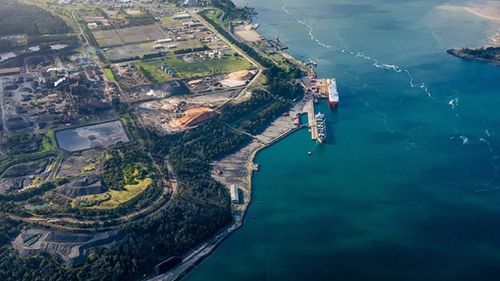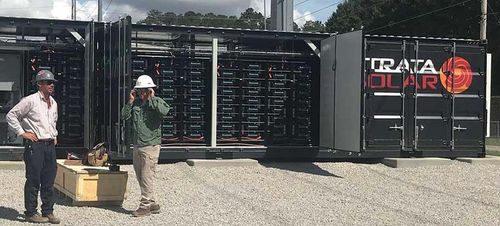Ineratec, the German power-to-liquid fuels developer and technology provider, has launched a $500m Series C and could take on a US-based financial advisor to help, CEO Tim Boeltken said in an interview.
German boutique Pava Partners helped Ineratec on its $129m Series B, which was led by Piva Capital. The Series B raise, which was announced in January, also included participation from HG Ventures, TDK Ventures, Copec WIND Ventures, RockCreek, Emerald, Samsung Ventures as well as the increased support from current investors, including global corporates like ENGIE New Ventures, Safran Corporate Ventures and Honda.
The Series C can include equity, debt and project finance, Boeltken said.
The company, which takes a modular approach to fuels production, serves customers in Switzerland, Spain and Finland. Its e-fuels process involves two main steps: first, turning CO2 and hydrogen into synthesis gas, then using a second reactor to turn the synthesis gas into liquid and solid hydrocarbons, according to its website.
Growth in the US would include eventual rollout of its 100 MW commercial unit, none of which have been built to date. Now the company is focused on its 10 MW commercial units, following completion of a 1 MW industrial plant operating now.
In the next month Ineratec will be scouting locations in the US, Boeltken said, adding the the company is “hoping for many, many US installations” with eyes on additional applications in South America and Japan. The company also intends to establish a US headquarters.
Sites in New York and California are of first interest but there are also growth intentions in Texas, Washington state and Appalachia.
Ineratec is currently raising project finance for a “triple-digit” million capex project in the Europe, he said.






